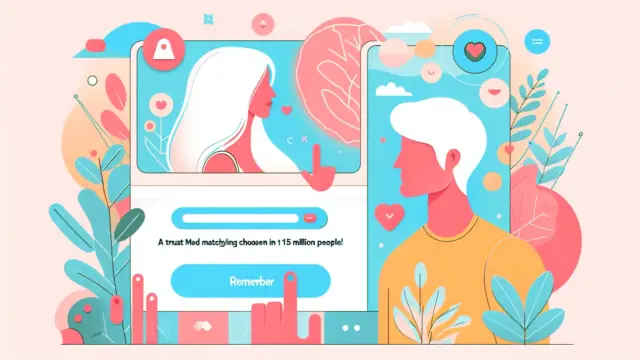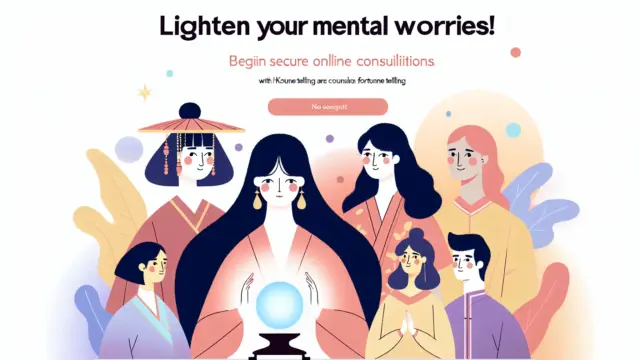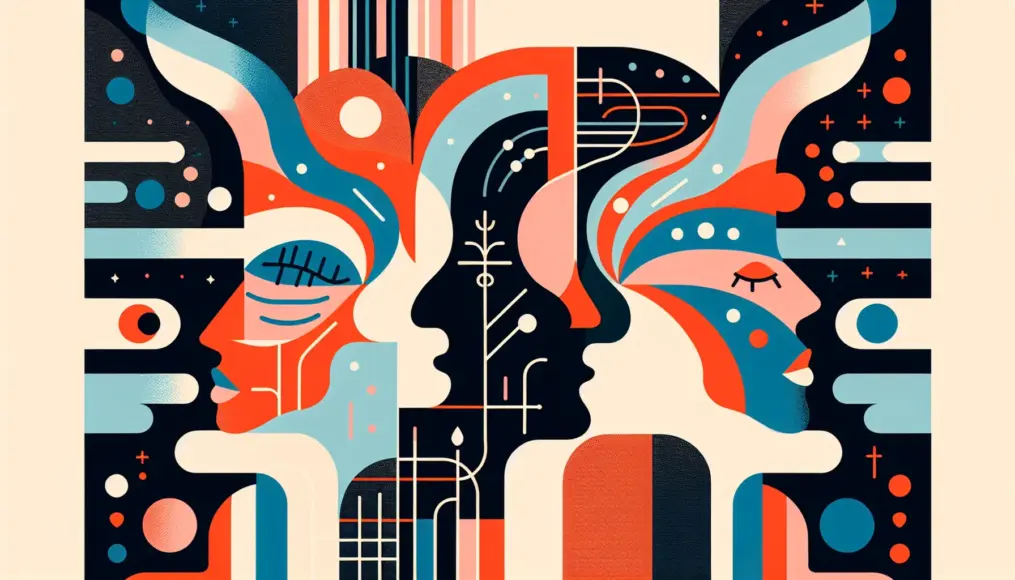Love can be a beautiful thing, but it can also turn into something darker, like hate, depending on the situation. For women, it’s particularly important to understand how these emotional shifts occur. By grasping this phenomenon, you can help prevent potential troubles in your romantic relationships. Wouldn’t you want to know the moments when love can morph into hate?
In this article, we delve into the nuances of women’s psychology and explore the thin line separating love from hate. We’ll highlight specific patterns and strategies to help you navigate these emotions. Additionally, we’ll discuss the crucial role of communication in maintaining love and offer tips for building stronger relationships.
- Understanding the essence of love and basic emotions
- Exploring the moments hate can arise and the factors behind it
- Effective approaches to sustain love
The Psychological Border Between Love and Hate
Love and hate are among the most intense emotions we experience, yet the line between them is often quite blurry. This is especially true for women, who may find that love can quickly transform into hate. In this section, we’ll delve into what love truly means and explore how hate can emerge from it. By understanding these emotional shifts, we can pave the way for healthier relationships.
What is Love? A Basic Understanding of Emotion
Love refers to a deep affection and intimacy towards others. This emotion supports us through various stages of life and is a crucial source of happiness. However, love can sometimes change and intertwine with other feelings. The stronger the love, the more likely it is that underlying anxieties or jealousy can give rise to hatred.
Within love, there are often expectations and desires. When these are unmet, feelings of disappointment can arise, leading to a potential transformation of love into hate. For instance, when a partner betrays our expectations, anger and sadness can morph into hatred.
- Love signifies a strong affection for others.
- Expectations and desires often lie beneath love.
- When expectations are betrayed, love can turn into hate.
When Does Hate Emerge?
Hate is the opposite of love, yet the two emotions are closely linked. The more intense the love, the stronger the potential for hate becomes. Women, in particular, may feel hatred when the people they love betray them or let them down. This moment is where the shift in emotions is most vividly felt.
Moreover, societal pressures and personal past experiences can also contribute to the emergence of hate. If someone has been hurt in the past, that experience can have a significant impact. By understanding the moments when love turns into hate, we can gain better control over our emotions.

If you found this article interesting, we also recommend reading “What is the Psychology of Women Who Depend on Their Boyfriends? Taking the First Step Toward Independence!”. Understanding the balance between dependency and independence can provide insights into managing feelings of love and hate, ultimately helping you build healthier relationships.
- Hate is the opposite of love but is related to it.
- Betrayal and unmet expectations can lead to hate.
- Past experiences can influence feelings of hate.
Factors Behind Women’s Psychology
In the realm of women’s psychology, there are numerous factors that can transform affection into resentment. Past experiences and societal pressures, in particular, can have a profound impact on emotions. In this section, we’ll explore the various influences that shape women’s feelings, helping us better understand the complex relationship between love and hate. By grasping these factors, we can anticipate emotional shifts and find ways to navigate them more effectively.
The Impact of Past Experiences on Emotions
Women tend to be significantly affected by their past experiences when it comes to their current emotions. For instance, if someone has faced betrayal in the past, they often find themselves harboring anxiety and doubts, even towards those they love. When these insecurities accumulate, it can lead to a moment where affection turns into resentment.
Additionally, lingering trauma from previous relationships can make it difficult for women to express love openly. The shadows of past experiences can cloud current romantic endeavors, complicating emotional control and sometimes giving rise to feelings of hatred.
- Past betrayals can lead to present insecurities
- Trauma can hinder the expression of affection
- Previous experiences influence current emotions
Societal Pressures and Expectations
Social pressures and expectations exert a considerable influence on women’s psychology as well. Particularly in a context where idealized love and marriage are sought after, if a real relationship fails to meet these expectations, it can be a catalyst for turning love into hate. In an effort to satisfy societal standards, women may inadvertently sacrifice their own feelings.
Moreover, the impact of friends and family cannot be overlooked. Comparisons with others can intensify dissatisfaction with a partner, ultimately leading to resentment. The weight of societal expectations can heavily burden women, triggering emotional transformations that can be difficult to manage.
- Societal expectations impact romantic relationships
- Gaps between ideals and reality can breed resentment
- Comparisons with others can shift emotions
How Love Can Transform into Hatred: Key Patterns
The transformation of love into hatred can follow several distinct patterns. Particularly in women’s psychology, feelings of jealousy and the gap between expectations and reality play significant roles. In this section, we will delve into how each of these patterns can shift emotions. Understanding these dynamics will help clarify the complex relationship between love and hatred.
The Emotional Shift Triggered by Jealousy
Jealousy is arguably the most prominent emotion that can turn love into hatred. Women, in particular, may feel profound love for their partners while simultaneously experiencing intense jealousy towards other women. This jealousy can shake their trust in their partners, gradually morphing their feelings of love into resentment.
When jealousy arises, it often leads to a decrease in self-worth and escalating anxiety about the relationship. This anxiety can breed further doubts, which, over time, may culminate in feelings of hatred. The emotional shifts caused by jealousy are delicate aspects of romantic relationships and require careful navigation.
- Jealousy is an underlying emotion beneath love
- Decreased self-worth breeds anxiety
- Anxiety can transform into hatred
The Gap Between Expectations and Reality
The disparity between expectations and reality is another crucial factor in the emergence of hatred from love. Many women envision an ideal scenario in their romantic relationships, but when reality fails to meet those expectations, disappointment can set in. This sense of disappointment can sometimes spark feelings of hatred toward the partner they once loved.
When expectations are dashed, emotional equilibrium is disrupted, leading to mounting dissatisfaction with the partner. Notably, the deeper the love, the greater the expectations, so when a gap emerges, the emotional fallout can be significant. Recognizing and addressing these gaps through communication is key to sustaining love over time.
- The gap between expectations and reality breeds disappointment
- Disappointment can sometimes lead to hatred
- Communication is key to resolving these issues
Strategies and Approaches to Maintain Affection
Understanding the process through which affection can turn into resentment is crucial for developing strategies and approaches to sustain love. Enhancing the quality of communication and seeking professional help when necessary can significantly impact emotional stability. In this section, we will explore specific methods to keep affection alive, helping you build better relationships.
The Importance of Emotional Communication
Emotional communication is an essential element in establishing the foundation of a romantic relationship. Women, in particular, often find it necessary to express their feelings to their partners. When this communication falters, it can lead to dissatisfaction and misunderstandings. To maintain affection, it’s vital to set aside time regularly to discuss your emotions.
Additionally, understanding your partner’s feelings is equally important. By respecting and empathizing with your partner’s emotions, you can deepen your affection and reduce the risk of it turning into resentment. Opening up emotionally strengthens trust between partners, leading to improved communication.
- Emotional communication builds relationships
- It’s important to express your feelings
- Understanding your partner’s emotions deepens trust
The Value of Consulting Professionals
When romantic issues become serious, seeking advice from professionals can be a valuable option. Psychologists and relationship consultants possess specialized knowledge and can assist in sorting out emotions and resolving problems. This external perspective is especially important during times when affection may be on the verge of turning into resentment.
Consulting a professional offers an opportunity to view your feelings from an objective standpoint. Furthermore, by learning specific strategies and approaches, you can acquire skills to foster a healthier relationship. Considering professional help as a viable option to maintain affection can be beneficial.

If you found this article interesting and want to explore specific ways to sustain affection, check out this article: “Lighten Your Heart with Love Advice! 5 Steps to Solve Your Worries”. It offers insights to help you organize your thoughts and gain a professional perspective, which can aid in building a better relationship.
- Professional help assists in sorting out emotions
- Reexamine issues from an objective viewpoint
- Learning specific strategies can improve relationships
Conclusion
Understanding the psychology of women when love turns into hate is crucial for building better relationships. By recognizing the fine line between affection and disdain, and understanding how emotions can shift due to jealousy or unmet expectations, you can enhance communication with your partner. Additionally, considering the impact of past experiences and societal pressures on a woman’s psyche can lead to a deeper understanding.
To sustain love, it’s important to prioritize emotional communication and seek professional help when necessary. By implementing these strategies, you can develop the skills needed to maintain affection and foster healthier connections.
- Recognizing the boundary between love and hate is essential
- Jealousy and expectation gaps can alter emotions
- Emotional communication and professional support can improve relationships
Why not take the first step towards nurturing your mutual affection? We’d love to hear your thoughts and experiences in the comments. Looking forward to your insights!







Comment